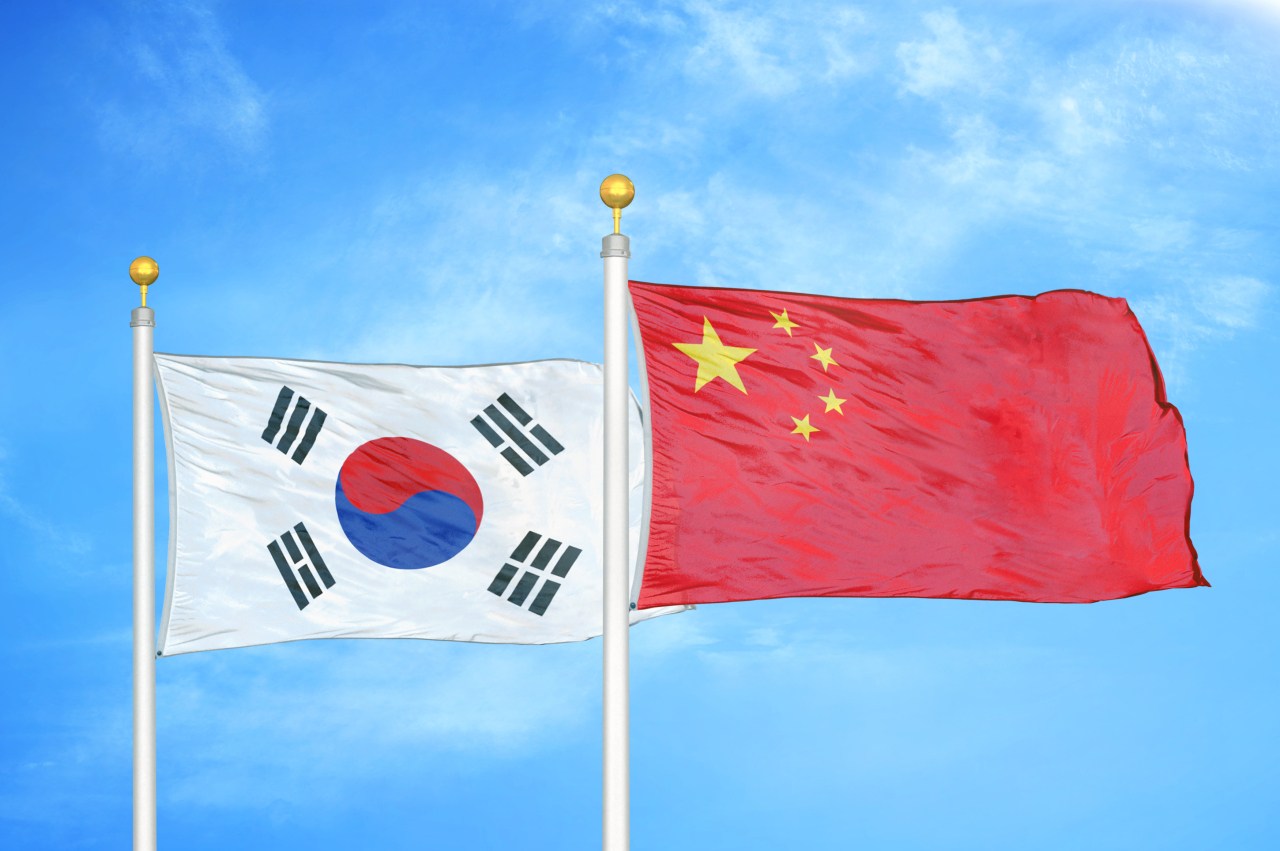
South Korea’s trade deficit with China is likely to persist for the time being, unless Korea strives to achieve supply chain independence from China, according to a report by lobby group Korea Chamber of Commerce and Industry on Tuesday.
The growing reliance on China over key materials used for Korean semiconductor or battery manufacturing signals Seoul‘s need to upgrade its free trade agreement terms with China as cost attractiveness of Chinese goods will continue to deteriorate Korea‘s trade balance with China, noted Lee Seong-woo, vice president of the international trade department at KCCI.
The report, published Tuesday, indicated that Seoul‘s import of secondary battery-related materials and intermediaries -- both of which doubled in the first half compared to the previous year -- as well as Korea’s reduction of flat-panel liquid crystal display manufacturing have led to the nation‘s unprecedented three-month trade deficit with China.
Moreover, the Regional Comprehensive Economic Partnership, in which both Korea and China have been taking part since February, has prompted Korea’s increase in imports of lithium oxide and lithium hydroxide -- considered key material for battery manufacturing -- from China during the first half. Its imports of such materials from January to June doubled that of the annual import through 2021, according to KCCI. These two materials are imposed zero tariff under the RCEP terms.
Korea, China’s fifth-largest trading partner, recorded a $570 million shortfall in its trade with China in July, following the deficit of $1 billion in May and $1.2 billion in June. Korea had not logged a trade deficit with China since 1994 until May.
(consnow@heraldcorp.com)
The growing reliance on China over key materials used for Korean semiconductor or battery manufacturing signals Seoul‘s need to upgrade its free trade agreement terms with China as cost attractiveness of Chinese goods will continue to deteriorate Korea‘s trade balance with China, noted Lee Seong-woo, vice president of the international trade department at KCCI.
The report, published Tuesday, indicated that Seoul‘s import of secondary battery-related materials and intermediaries -- both of which doubled in the first half compared to the previous year -- as well as Korea’s reduction of flat-panel liquid crystal display manufacturing have led to the nation‘s unprecedented three-month trade deficit with China.
Moreover, the Regional Comprehensive Economic Partnership, in which both Korea and China have been taking part since February, has prompted Korea’s increase in imports of lithium oxide and lithium hydroxide -- considered key material for battery manufacturing -- from China during the first half. Its imports of such materials from January to June doubled that of the annual import through 2021, according to KCCI. These two materials are imposed zero tariff under the RCEP terms.
Korea, China’s fifth-largest trading partner, recorded a $570 million shortfall in its trade with China in July, following the deficit of $1 billion in May and $1.2 billion in June. Korea had not logged a trade deficit with China since 1994 until May.
(consnow@heraldcorp.com)










![[Hello India] Hyundai Motor vows to boost 'clean mobility' in India](http://res.heraldm.com/phpwas/restmb_idxmake.php?idx=644&simg=/content/image/2024/04/25/20240425050672_0.jpg&u=)









